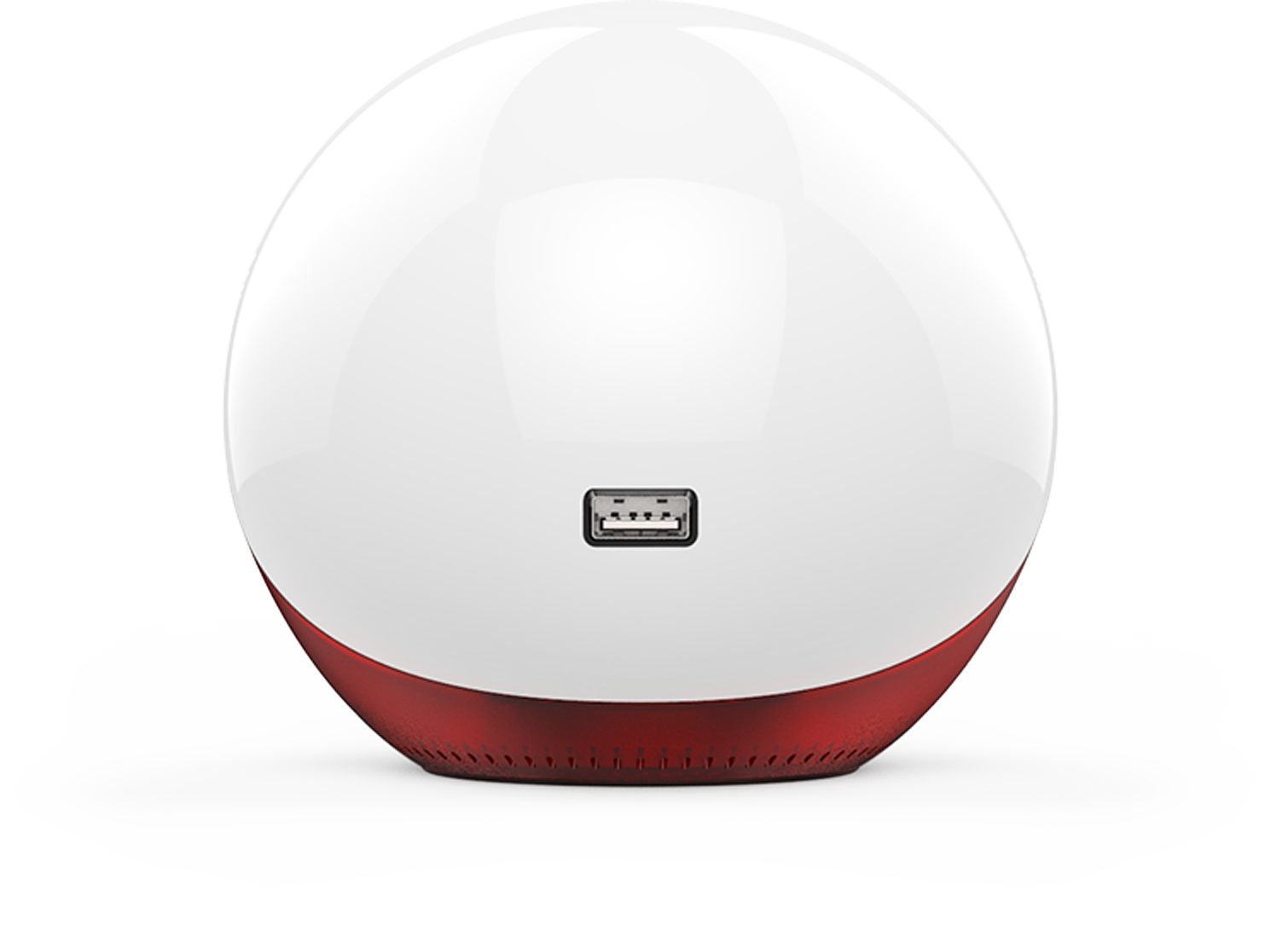FindDay 12
Every Friday I share the five coolest things I’ve found on the web in the last week.
1 - Zerobot
https://hackaday.io/project/25092-zerobot-raspberry-pi-zero-fpv-robot https://www.youtube.com/watch?v=16rxNzQvfYY Zerobot is a cool little telepresense robot reminiscent of my own Stepbot project; focused on creating a simple platform for experimentation which can be built from minimal electronics and 3D-printable parts. via Hackaday
2 - Musk gives up on Trump
http://www.teslarati.com/musk-leaves-trumps-council-potus-exits-paris-agreement/ It’s too bad that it took such a catastrophic mistake for Elon to realize getting Trump to do the right thing is hopeless, but now he can spend more of his time working with people who actually want to make things better. via Teslarati
3 - Claw Machine
http://rasterweb.net/raster/2017/05/31/claw-machine-version-1/ https://www.youtube.com/watch?v=M_KzGlPLHn8 My friend Pete has created another curious art/engineering piece called Claw Machine. It’s not what you think, it’s a lot more interesting that what you think… via RasterWeb
4 - Metalimbs
https://blog.adafruit.com/2017/05/31/metalimbs-gives-you-an-extra-pair-of-robotic-hands-wearablewednesday/ https://www.youtube.com/watch?v=sKjAp0iZ7dc I often tell people one of the things I’d love to have are prosthetic tentacles (not unlike Doctor Octopus). There are so many times that I could use extra hands while working on a project, and if they were more durable (and didn’t experience pain) than my human hands, all the better. Metalimbs is on the same page. via Adafruit
5 - Endless OS and Endless Computers
http://www.linux-magazine.com/Issues/2017/198/Endless-OS  I’m very excited about this particular find. Endless is an attempt to answer the question “How do you make a modern computer useful without a connection to the Internet?”. This might sound like a dumb question but if you were to buy a computer today, take it out of the box and try to use it without an Internet connection, you probably wouldn’t make it past the setup screens. If you did, you wouldn’t have much to work with in terms of tools and you would almost certainly have no access to documentation, reference information or other materials that you could use to learn how to make the most out of the machine you just bought. This is a problem I’ve spent a lot of time thinking about myself, and I’ve experimented with a number of solutions, but I wasn’t sure if anyone else felt the same. That’s part of the reason I was so excited to come across the kindred spirits at Endless. The Linux Magazine article does a good job elaborating on this point so I won’t belabor it here. The software that makes this possible is free, and can be downloaded and installed on almost any computer to get access to the tools and features described in the linked article above. But beyond the software, Endless is a hardware company as well, and produces a number of inexpensive and attractive computers which ship with EndlessOS installed.
I’m very excited about this particular find. Endless is an attempt to answer the question “How do you make a modern computer useful without a connection to the Internet?”. This might sound like a dumb question but if you were to buy a computer today, take it out of the box and try to use it without an Internet connection, you probably wouldn’t make it past the setup screens. If you did, you wouldn’t have much to work with in terms of tools and you would almost certainly have no access to documentation, reference information or other materials that you could use to learn how to make the most out of the machine you just bought. This is a problem I’ve spent a lot of time thinking about myself, and I’ve experimented with a number of solutions, but I wasn’t sure if anyone else felt the same. That’s part of the reason I was so excited to come across the kindred spirits at Endless. The Linux Magazine article does a good job elaborating on this point so I won’t belabor it here. The software that makes this possible is free, and can be downloaded and installed on almost any computer to get access to the tools and features described in the linked article above. But beyond the software, Endless is a hardware company as well, and produces a number of inexpensive and attractive computers which ship with EndlessOS installed.  Unlike a Mac, PC or even most Linux machines, you can unbox an Endless computer and start doing things immediately, without an Internet connection, without installing updates, without downloading software, etc. Not only do you have the tools but you also have access to content and documentation to learn about almost anything. The target audience for Endless computers are parts of the world where Internet access is expensive or unobtainable, but I think it has application in many other places as well. We often conflate the roles of information device and communications device in modern computers with communications usually taking the dominant role. However, this wasn’t always the case, and in the much-less-connected dawn of the personal computer, many of us spent countless hours learning how to use the machine, how to make the most out of the software and how to create new software of our own. The Endless machines can provide this same experience, with the convenience of having the documentation in lighter, searchable form. I believe that the use of these systems could lead to an increase in the creative application of computers in addition to making computing accessible to unserved communities. By decoupling communications from the computer experience, not only does this open up the possibility of working from anywhere, but it also eliminates much of the distractions that come with trying to work and learn using an “always connected” machine. Combined with a push-oriented data source like Outernet, it’s possible to imagine a stand-alone computer with up-to-date information without the baggage associated with full-time connectivity. This seems like an ideal solution not only for “primary” education or communities unserved by technology but anyone who wants to use computers to learn, to create or to explore the world of knowledge without the advertising, exploitation and idle chatter that is now a fixed part of the online experience. I’m very excited about what the Endless team is working on, and I think there are applications beyond what even they have imagined. via Linux Magazine
Unlike a Mac, PC or even most Linux machines, you can unbox an Endless computer and start doing things immediately, without an Internet connection, without installing updates, without downloading software, etc. Not only do you have the tools but you also have access to content and documentation to learn about almost anything. The target audience for Endless computers are parts of the world where Internet access is expensive or unobtainable, but I think it has application in many other places as well. We often conflate the roles of information device and communications device in modern computers with communications usually taking the dominant role. However, this wasn’t always the case, and in the much-less-connected dawn of the personal computer, many of us spent countless hours learning how to use the machine, how to make the most out of the software and how to create new software of our own. The Endless machines can provide this same experience, with the convenience of having the documentation in lighter, searchable form. I believe that the use of these systems could lead to an increase in the creative application of computers in addition to making computing accessible to unserved communities. By decoupling communications from the computer experience, not only does this open up the possibility of working from anywhere, but it also eliminates much of the distractions that come with trying to work and learn using an “always connected” machine. Combined with a push-oriented data source like Outernet, it’s possible to imagine a stand-alone computer with up-to-date information without the baggage associated with full-time connectivity. This seems like an ideal solution not only for “primary” education or communities unserved by technology but anyone who wants to use computers to learn, to create or to explore the world of knowledge without the advertising, exploitation and idle chatter that is now a fixed part of the online experience. I’m very excited about what the Endless team is working on, and I think there are applications beyond what even they have imagined. via Linux Magazine
